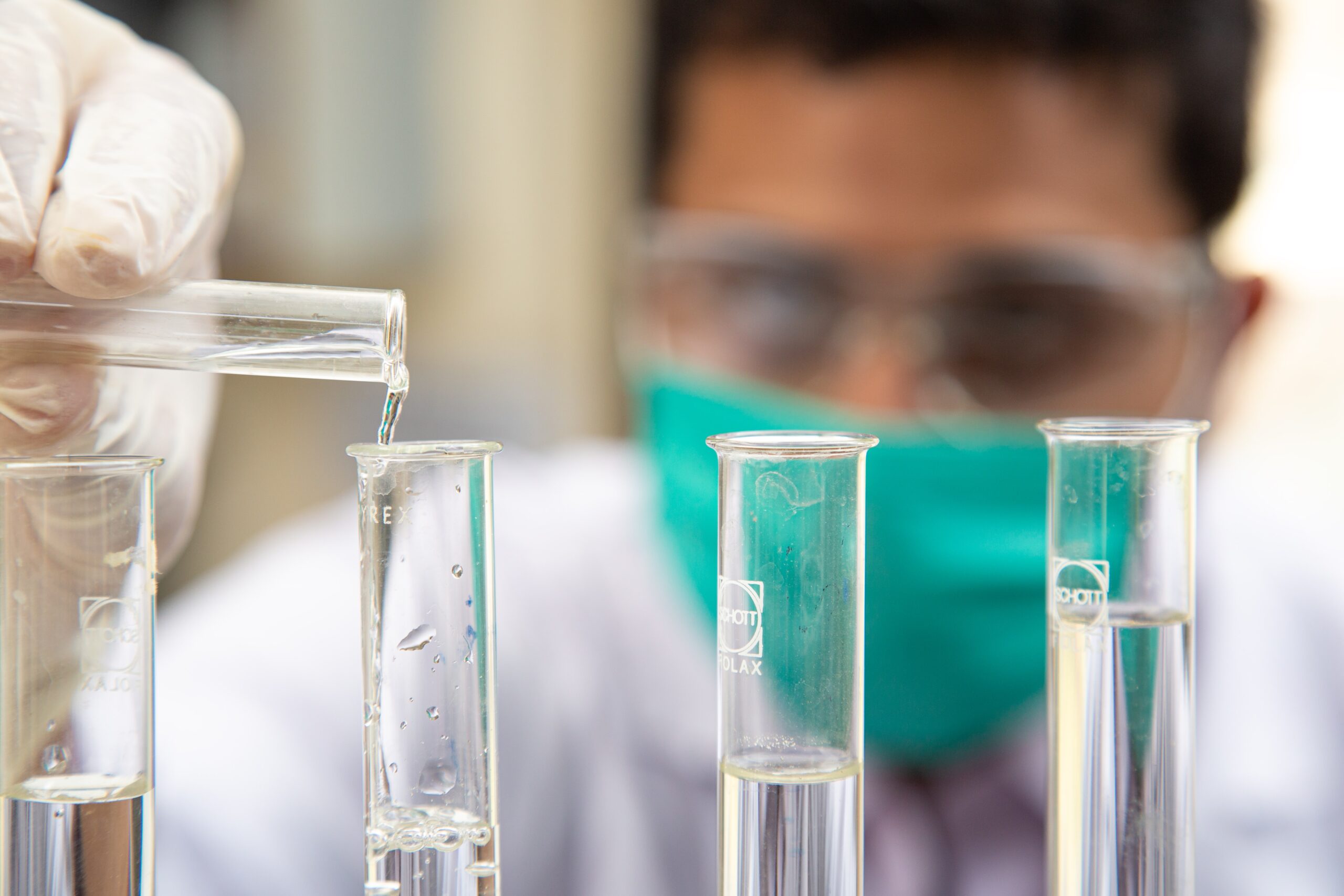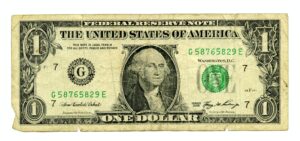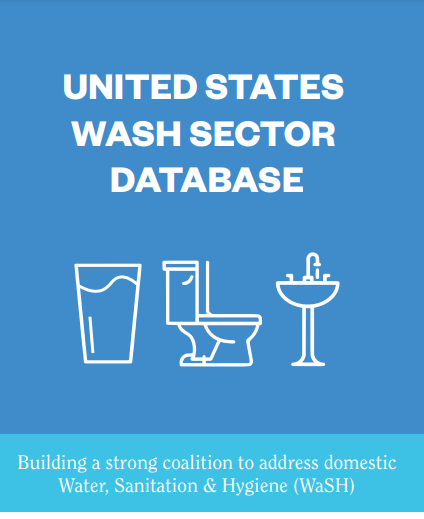Groundwater and surface water (rivers, lakes, and streams, etc.) make up North Carolina’s drinking water. Most households in NC receive their drinking water from a city, county or other municipal systems.
Although these drinking water systems are locally owned and operated, it can still be difficult to navigate questions regarding your water quality and rates.
Water Quality

The NC Dept. of Environmental Quality’s Public Water Supply Section is responsible for ensuring the safety of your drinking water. Your public water utility must follow state and federal regulations in order to remain in compliance.
- If you are concerned about the safety of your drinking water, always contact your local utility first.
- You can also contact the Dept. of Environmental Quality’s Public Water Supply section with any concerns or questions you have regarding the quality of your drinking water: (919) 707-9100.
- They an help you answer questions about: drinking water quality, concerns about potential contaminants, or how to access your system’s Annual Water Quality Reports.
Water & Sewer Rates

Water and sewer rates of publicly owned systems are often set by a Water Board or other governing body.
They aim to develop a rate structure that produces enough revenue to operate the system in a safe, financially sustainable manner within the city or town’s budget.
For questions about your rates, a point of contact is listed on your bill, and you can contact your local Water Board or Town/City Manager or utilities department to find out about meetings to discuss rates.

>> Introducing the first ever US WaSH Sector Database
More than 2.2 million Americans lack access to running water or basic plumbing at home. That’s too big of a problem for any organization to tackle on its own.
Closing America’s Water Gap will be impossible until a dedicated community of practice—working alongside impacted communities— lead the charge. That is why CWFNC is so honored to be a part of the 1st of its kind US WaSH Sector Database! Click the link to learn more, access the domestic database, and explore how YOU can be a part of the solution.
Become a drinking water expert in YOUR community!
- Explore DEQ’s Drinking Water Watch
- Learn how to access your utility’s Annual Water Quality Report
- Find a state certified lab to help you test your drinking water
- Check out our Water Justice Brochure
- Visit our Community Tools page to learn about potential drinking water contamination sources near you


